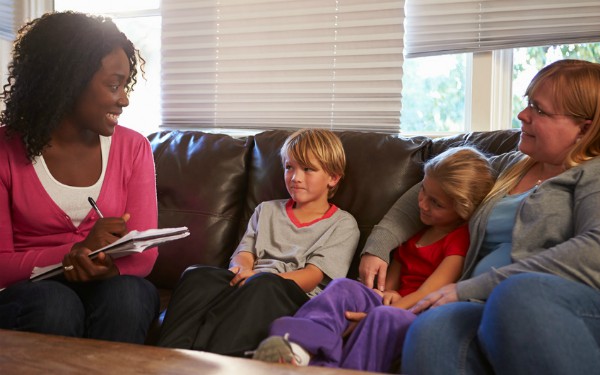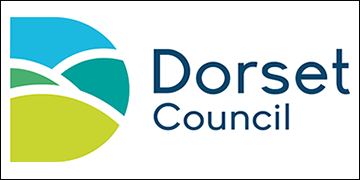Getting caseloads down
This autumn Dorset’s new social work assessment teams started work; delivering a major advance in the council’s efforts to make caseloads reasonable.
Until the introduction of these assessment ‘pods’ of eight social workers, Dorset’s case management pods would assess cases passed on from the MASH. The case management pods worked on a regular cycle; taking turns to handle the intake of cases needing a social work assessment.
But juggling existing casework and rounds of assessments proved a challenge, says Ben Parker, operations manager for Dorset’s West district team. “The demands of intake and assessment made it very hard for the teams to meet the needs of children and families needing longer-term interventions,” he says.
Dorset responded by forming the assessment pods. The assessment pods have only been running six weeks but their impact has been immediate. “The assessment pods act as a buffer,” says Ben. “They soak up some of the assessment work and make sure the children and families we work with are the right children and families.
“They also give the social workers in the case management pods time to really concentrate on building relationships, creating good and smart plans, and working towards positive outcomes. It’s early days but they’ve already delivered a significant reduction in caseloads.”
Emotionally supportive teams
For Ben fostering a supportive environment for Dorset social workers is a top priority.
“There is an awful lot of emotion in social work and some of that emotion is difficult,” he says. “We are going out and dealing with the intimate details of people’s lives and often they are not happy details.
“It’s really important to me that we work in emotionally supportive teams and our central office base is a supportive, safe environment for social workers to come back to. And we do have that. We’ve got a tight-knit, very supportive team of professionals who work closely together in what can be a very challenging job.”
In addition to the culture of peer support, the council also seeks to support social workers through regular team meetings, reflective supervision and pod meetings.
“The monthly pod meetings provide the whole team with an opportunity to talk about the softer bits of social work and reflect on good practice,” says Ben. “We also use facets of group supervision, like action learning sets, to help share some of those more difficult experiences and share the wisdom of more experienced staff with those who are less experienced.”
A broad disability service
The remit of Dorset’s Children Who Are Disabled Service goes beyond helping only those with the most profound and complex disabilities. Four years ago the service began expanding its remit to include supporting children, young people and families with substantial but more ‘hidden’ needs, such as Asperger’s.
“We started the journey in 2014 after finding some of those children with hidden disabilities weren’t ending up in the right placements with the right care plans and support,” says Ed Kopecky, operational manager for the service.
“Now we offer a wider disability service that works with a wide range of needs. So we continue to work with very severely disabled children but we also work with young people who superficially are quite able but have hidden disabilities in terms of their social interactions and relationships that can create difficulties for them in maintaining relationships and make them vulnerable to exploitation.”
He adds that the wider remit also brings a new dimension to social work practice in the service. “What makes working with children who have disabilities interesting is the variety and complex challenges to work through,” he says.
“You could have in your caseload a profoundly disabled child who cannot communicate their needs but also have a case involving a very verbally able young person. I think that’s really healthy for the disability social worker – it helps you keep a focus on the child and safeguarding as well as supporting parents to care for more profoundly disabled young people.”
Relationships-based practice
Dorset is investing heavily on developing social work practice through its £2m Reinvigorating Social Work programme. The programme gives every children’s social worker in the county coaching in relationship-based practice, direct work and appreciative inquiry.
The goal is to help social workers build positive relationships with families, leading to better outcomes for children and young people.
Relationships-based practice is especially important when working with families facing rural poverty and isolation, says Ben.
“Living in an isolated rural community can create barriers to accessing services and making and maintaining positive change,” he says.
“Social workers are often the conduit through which families begin to access other services. By building relationships with isolated families we can make significant changes to people’s lives, just by helping them remove the barriers of rural poverty and isolation.”
But this is just a taste of what Dorset has to offer children’s social workers. Check out our latest job opportunities to learn more about why Dorset should be the next step in your social work career.




 Facebook
Facebook X
X LinkedIn
LinkedIn Instagram
Instagram